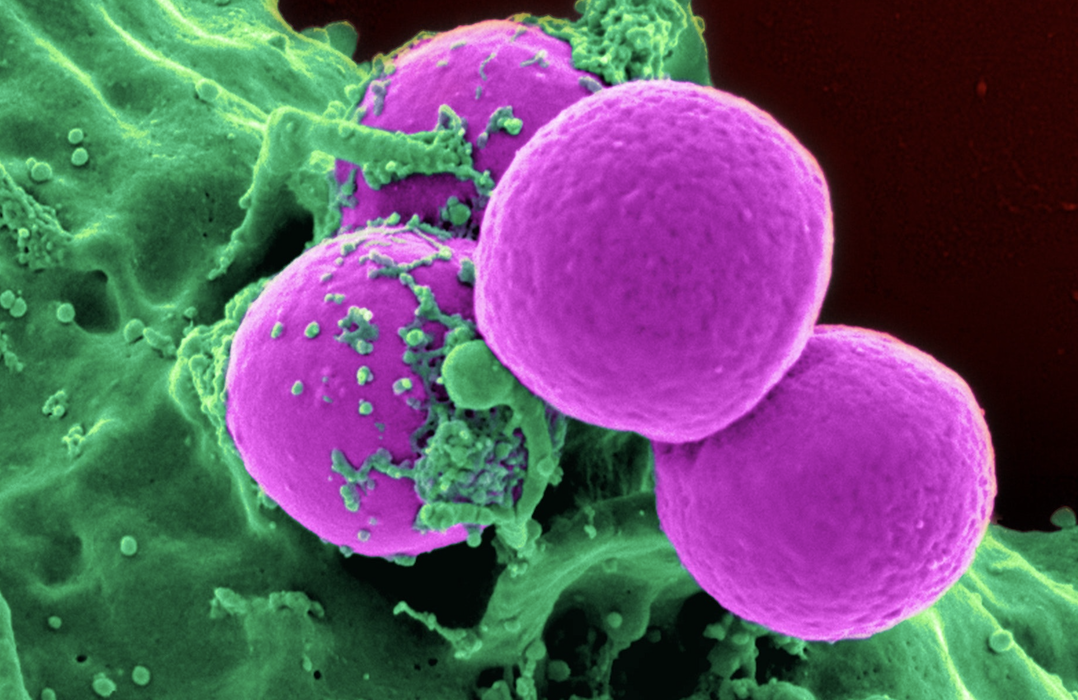
The Challenge of Antibiotic Resistance
Antibiotics have been transformative in modern medicine, revolutionizing the treatment of bacterial infections. However, their overuse and misuse have led to the development of antibiotic-resistant bacteria. According to the World Health Organization (WHO), antibiotic resistance is one of the most significant threats to global health, with the potential to affect anyone, of any age, in any country.
The Consequences of Antibiotic Resistance
The consequences of antibiotic resistance are far-reaching and profound. Without effective antibiotics, common infections like pneumonia, urinary tract infections, and sepsis can become life-threatening. Routine medical procedures, such as surgeries, chemotherapy, and organ transplants, would become high-risk endeavors due to the potential for untreatable infections.
Furthermore, antibiotic resistance places a tremendous economic burden on healthcare systems worldwide. The prolonged duration of illnesses, increased hospital stays, and the need for expensive alternative treatments strain resources and hinder patient care.
The Role of Infection Prevention
In the fight against antibiotic resistance, infection prevention serves as a critical tool. By adopting comprehensive infection control measures, we can reduce the spread of infections, limit the need for antibiotics, and preserve the efficacy of existing treatments.
Breaking the chain of transmission is key. Infection prevention practices, such as hand hygiene, proper sanitation, and effective sterilization techniques, help break the chain of transmission. By preventing infections from occurring in the first place, the need for antibiotics is significantly reduced.
Do we need to be concerned about AMR?
Antibiotic resistance poses a significant threat to public health and requires a multifaceted approach to combat it effectively. Infection prevention plays a pivotal role in this battle. By prioritizing infection prevention, we can slow down the spread of antibiotic resistance, preserve the effectiveness of existing antibiotics, and secure a healthier future for generations to come.
Read more about AMR at:
Use disinfectants safely. Always read the label and product information before use.
Biocider ska användas på ett säkert sätt. Läs alltid igenom etiketten och produktinformationen före användningen.


